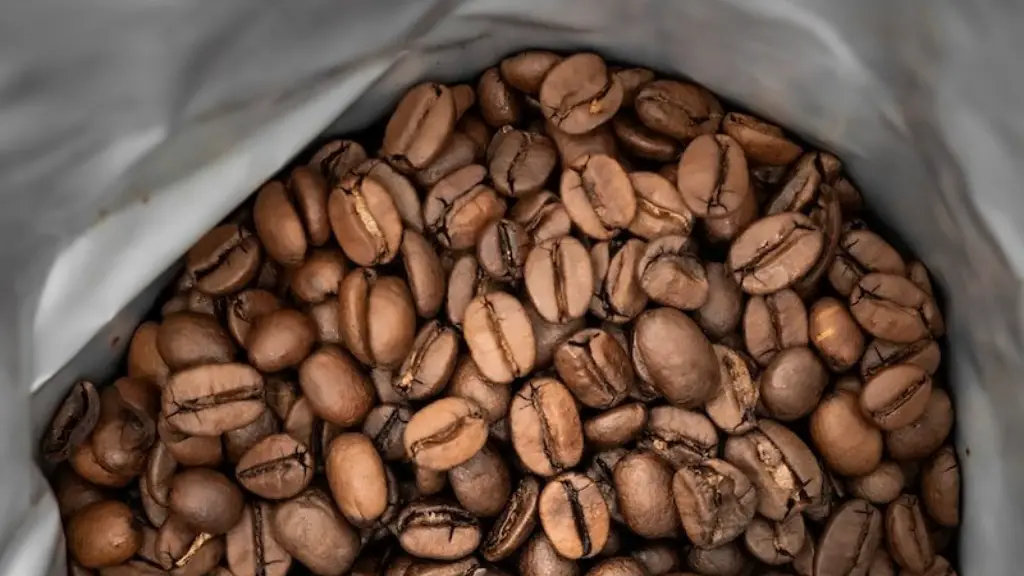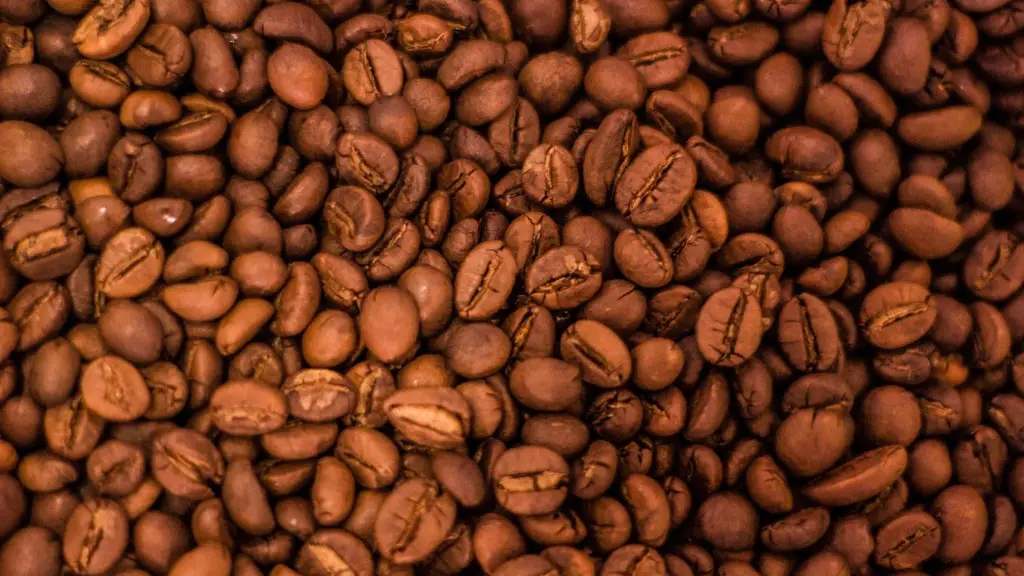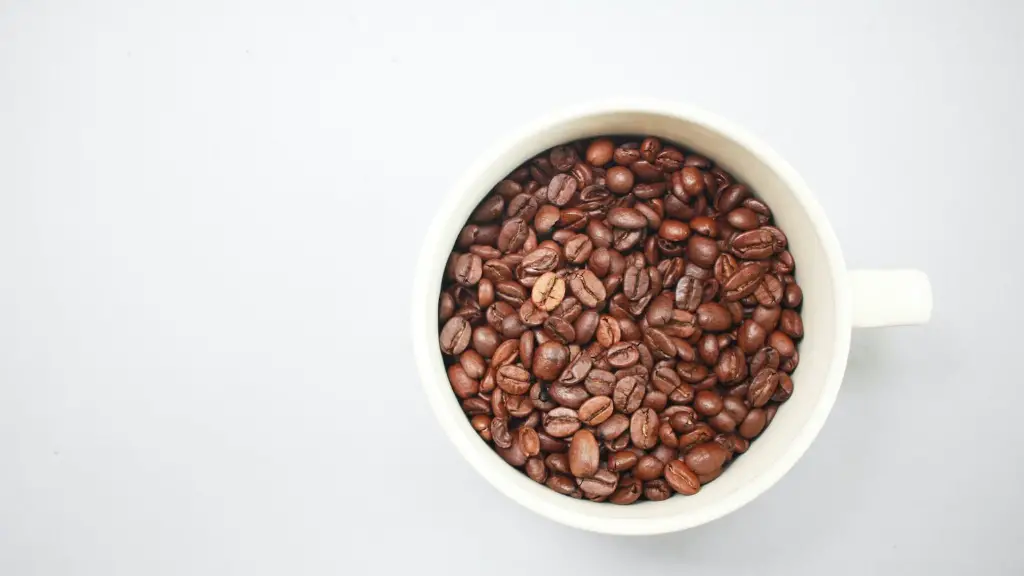Coffee is an extremely popular beverage and experts believe it can improve mood, focus, and energy. However, is it safe to drink coffee if you have a condition like diverticulosis? This article will explore recent research findings and the opinion of experts on this matter.
What Is Diverticulosis?
Diverticulosis is a condition in which small pockets, or diverticula, form in the digestive tract, commonly in the large intestine. The most common symptom of diverticulosis is abdominal pain. Other common symptoms of diverticulosis are constipation, bloating, and flatulence. Diverticulosis is usually caused by a diet low in fiber. Treatment for diverticulosis includes eating a high-fiber diet and taking medications to reduce inflammation.
Coffee and Diverticulosis
Can coffee worsen symptoms of diverticulosis? There have been several studies that have looked at the connection between coffee and diverticulosis. Some of these studies have found that drinking coffee can increase your risk of developing diverticulosis. However, other studies have suggested that drinking coffee can actually reduce your risk of developing diverticulosis. The research is still unclear regarding the effects of coffee and diverticulosis.
Many experts recommend that people with diverticulosis should avoid coffee and other caffeinated beverages, as they may aggravate symptoms of the condition. Caffeine is believed to increase inflammation in the body, which can worsen the symptoms of diverticulosis, such as abdominal pain and cramping. Caffeine may also increase the production of abdominal fluids, causing further discomfort. Therefore, it is best for people with diverticulosis to limit their intake of coffee and other caffeinated beverages.
However, some studies have suggested that moderate coffee consumption (up to three cups per day) may actually reduce the risk of developing diverticulosis. This could be because coffee can help with digestion and prevent constipation, which is one of the main causes of diverticulosis. However, more research is needed to fully understand the effects of coffee on diverticulosis.
Alternatives to Coffee
If you have diverticulosis and are looking for an alternative to coffee, there are several options available. Decaffeinated coffee is one option, as it is lower in caffeine and won’t aggravate symptoms of diverticulosis. Tea, juices, and other non-caffeinated beverages are also excellent alternatives.
Herbal teas are a great option, as many of them are caffeine-free and high in fiber. Herbal teas may help prevent constipation and ease symptoms of diverticulosis. Turmeric tea is a particularly popular choice for people with diverticulosis, as it has anti-inflammatory properties that may help reduce abdominal pain and other symptoms.
Summary
In summary, coffee can be consumed in moderation by people with diverticulosis, although it may aggravate symptoms. Therefore, it is best to avoid or limit coffee and other caffeinated beverages if you have diverticulosis. However, there are plenty of alternatives that can provide the same energy boost without aggravating your symptoms.
More Research Needed
More research is needed to completely understand the effects of coffee on diverticulosis. Studies have suggested that moderate coffee consumption can reduce the risk of diverticulosis, but more research is needed to confirm these findings. It is also important to note that everyone is different and what works for one person may not work for another. It is always best to speak to your healthcare provider about any dietary changes you want to make.
Lifestyle Changes
Making lifestyle changes may also be beneficial for people with diverticulosis. Eating a high-fiber diet can help reduce symptoms of the condition as well as prevent further complications. It is important to get enough fiber from a variety of sources, such as vegetables, fruits, beans, and whole grains. Regular exercise can also help keep symptoms of diverticulosis under control, as well as reduce your risk of developing complications.
Stress is another factor that can worsen symptoms of diverticulosis, so it is important to find ways to manage stress. Relaxation techniques, such as meditation and yoga, can help reduce stress levels and ease symptoms of diverticulosis. Getting enough sleep is also important, as it can help reduce fatigue and improve overall health.
Other Considerations
If you have diverticulosis, it is important to speak to your healthcare provider before making any major changes to your diet. Your healthcare provider can provide personalised advice and medical guidance as to what is best for you. It is also important to be aware of the signs and symptoms of diverticulosis, so that you can seek treatment promptly if needed.
Identifying Triggers
Certain foods and beverages may worsen symptoms of diverticulosis, so it is important to identify your triggers. Keeping a food diary can help you keep track of which foods and drinks aggravate your symptoms. Once you have identified your triggers, you can begin avoiding them to reduce flare-ups of diverticulosis.
Some common triggers for diverticulosis include alcohol, sugary foods, spicy foods, and caffeine. It is always best to speak to your healthcare provider before making any changes to your diet.
Be Mindful
When it comes to coffee, it is important to be mindful and listen to your body. If you notice any changes in your symptoms after consuming coffee, it is best to avoid it. Everyone is different and what works for one person may not work for another. Therefore, it is important to experiment and find what works best for you.
Precautionary Measures
When it comes to coffee and diverticulosis, it is always best to take precautionary measures. Avoiding coffee and other caffeinated beverages can help reduce symptoms of the condition. Eating a high-fiber diet and getting regular exercise are also important, as they can help alleviate symptoms of diverticulosis and reduce your risk of complications.
Conclusion
In conclusion, coffee can be consumed in moderation if you have diverticulosis. However, it is important to be mindful, as coffee can aggravate symptoms of the condition. Alternatives, such as decaffeinated coffee and herbal teas, are excellent choices for people with diverticulosis. It is always best to speak to your healthcare provider if you have any concerns or questions.




